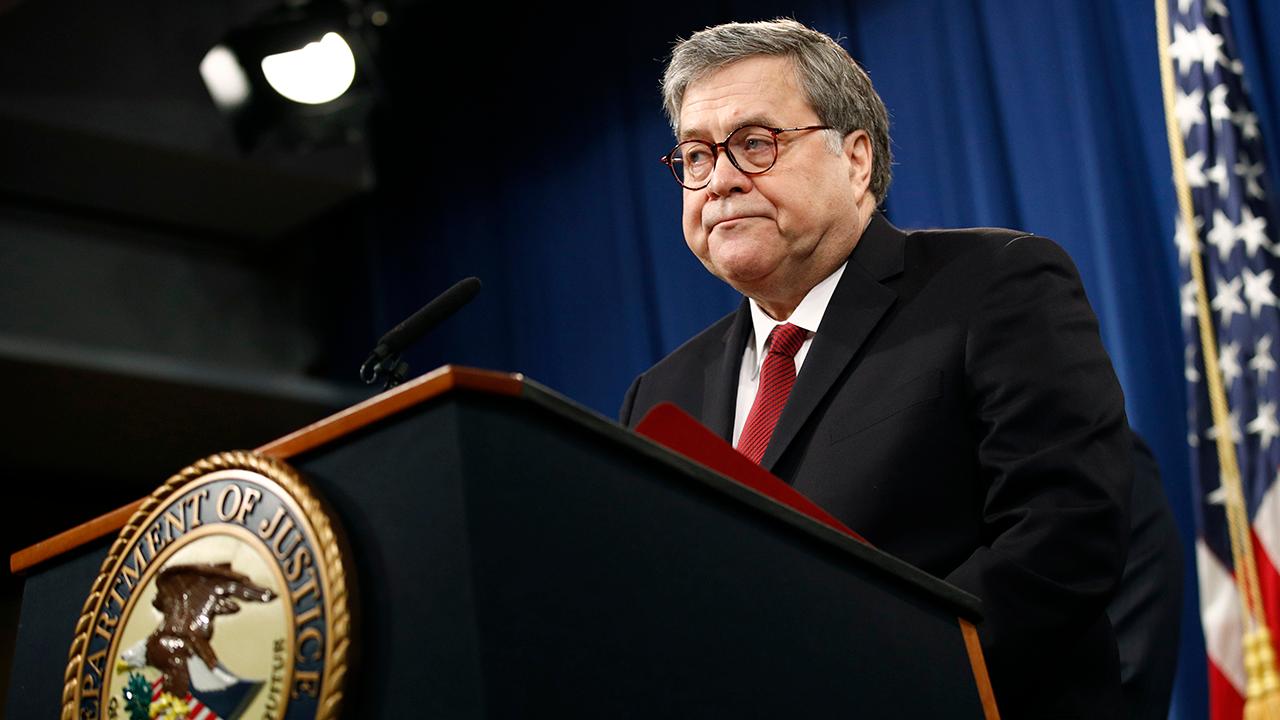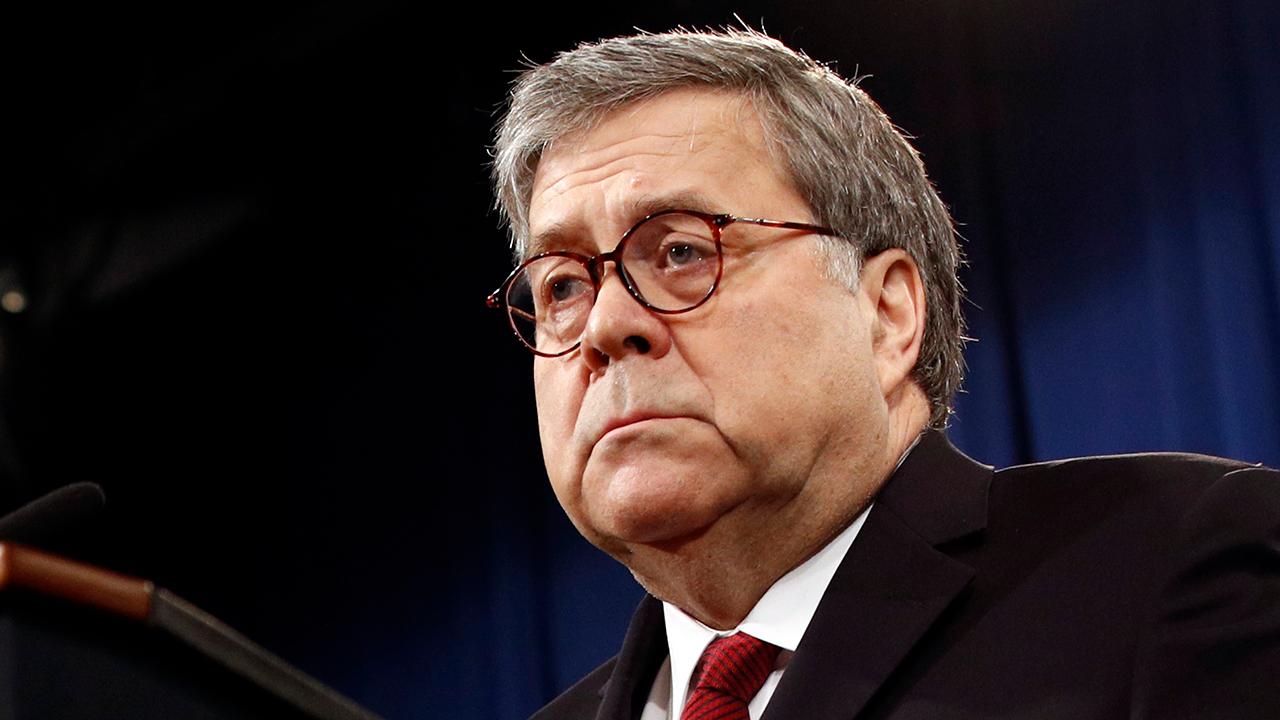Trump subpoena would've delayed Mueller investigation, attorney says
Congress will now decide if they will continue to investigate President Trump on obstruction of justice after the public release of the Mueller report on Thursday.
According to the Mueller Report, Congress can “permissibly criminalize certain obstructive conduct by the President, such as suborning perjury, intimidating witnesses, or fabricating evidence, because those prohibitions raise no separation-of-powers questions.”
Attorney Misty Marris told FOX Business' Charles Payne on Thursday that Mueller is referring to the “checks and balances that we have in Congress’ power to potentially impeach the president”.
While Congress has those powers at their disposal, Marris says it’s “more of a political decision than a legal decision” to follow through on them.
Democrats have criticized the thoroughness of the Special Counsel’s investigation because Robert Mueller chose not to bring President Trump in for a face-to-face interview, but attorney Leeza Garber says that the Special Counsel had “more than enough information to go on”.
"Not only did Trump agree to provide written answers," she told Payne, "but additionally they have...more than one and a half million pages of records many, many interviews, [and] 2800 subpoenas.”
While Garber said that it’s “not unusual” to subpoena a president in this type of situation, it’s “not very typical either”.
Marris said Mueller made “a judgment call about whether or not he was actually going to go for the subpoena to Trump” but ultimately decided not to because "it would have dragged the investigation out for a much longer time.” She points out, however, that “when you have somebody at the table...it helps answer some of those questions where someone doesn’t remember”. In his written responses to the Special Counsel, Trump said he couldn’t remember “34 times in about 33 paragraphs of answers”, according to the LA times.
Payne said that while everyone agrees there was no collusion, Democrats are now “squarely focusing on obstruction.” He also noted how critics of Trump question how Attorney General William Barr could come to the conclusion that there was no corrupt intent.
In AG Barr’s presser on the Mueller report on Thursday, he said, "the White House fully cooperated with the Special Counsel’s investigation, providing unfettered access to campaign and White House documents, directing senior aides to testify freely, and asserting no privilege claims.”
He added that “the President took no act that in fact deprived the Special Counsel of the documents and witnesses necessary to complete his investigation. Apart from whether the acts were obstructive, this evidence of non-corrupt motives weighs heavily against any allegation that the President had a corrupt intent to obstruct the investigation.”
Garber said Barr can reach this conclusion “based on the evidence that was provided in the report” as well as by “what we’ve all seen in the public sphere”.
“The intent is really a subjective, very difficult piece to try to pin down," she said. "And, on top of it, we have no specific crime because there was no crime charged”
She also mentioned that “we keep talking about this standard that’s mentioned in the report over and over again which is that he’s not exonerated” but that it isn’t "a legal standard that we need to live up to here.”
"He doesn’t need to prove his innocence. They need to prove he’s guilty beyond a reasonable doubt, which they did not”, she said.
Ultimately, Garber said this will be “a political game time decision in terms of whether [Democrats] choose to start the impeachment process or try to use it against Trump’s next campaign”
CLICK HERE TO GET THE FOX BUSINESS APP
House Judiciary Chairman Jerry Nadler has invited Mueller to testify before the House Judiciary committee.
In addition to Nadler's request for Mueller to testify, the House Judiciary committee will hold another hearing with AG Barr on May 2.





















